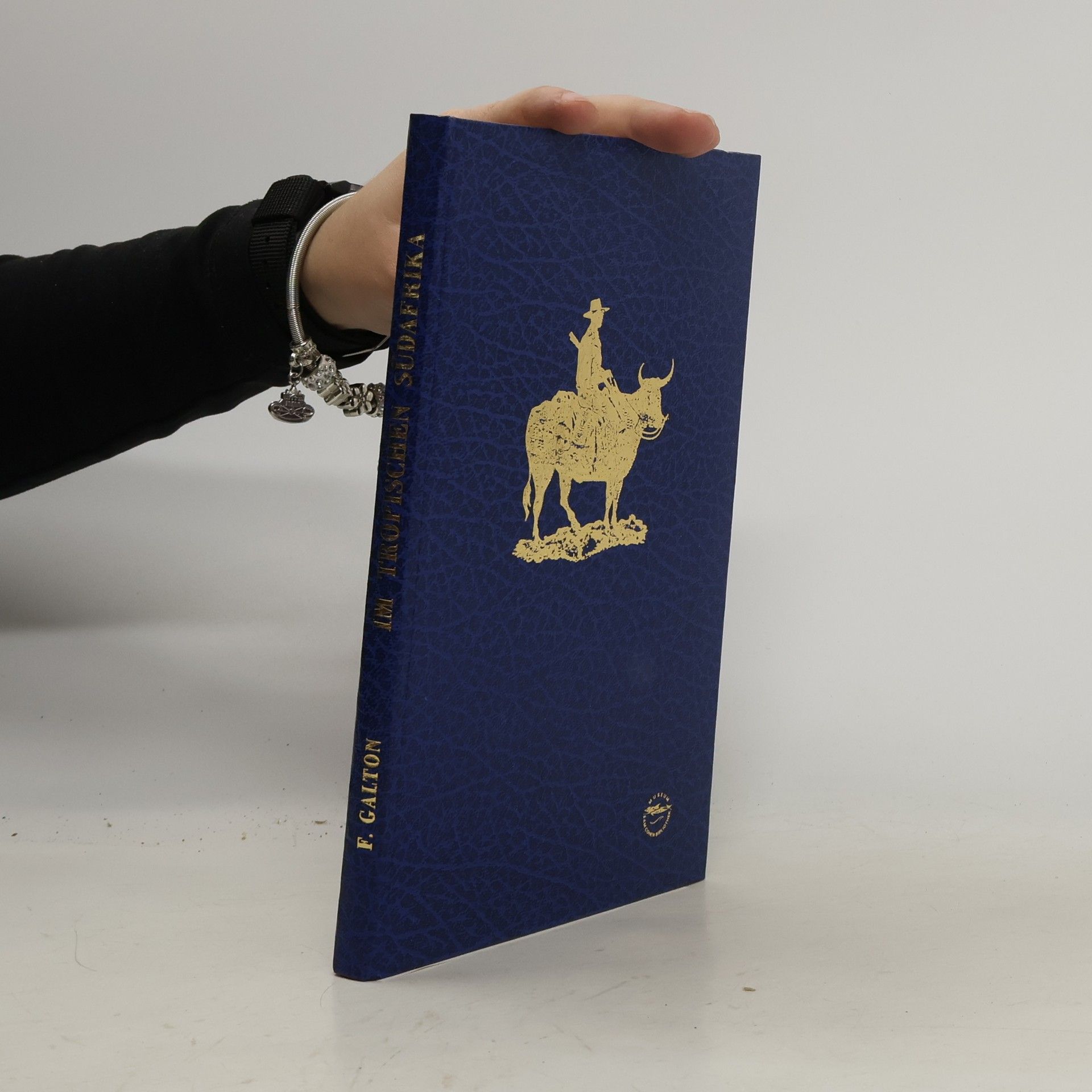Exploring the concept of travel, this book delves into the various methods and strategies for navigating wild and remote areas. It offers practical advice and insights into the challenges faced by travelers in unfamiliar terrains. The narrative combines personal anecdotes with broader reflections on the nature of exploration and adventure, emphasizing the ingenuity required to adapt to diverse environments. Readers will find a blend of travel philosophy and practical tips that illuminate the art of discovering new places.
Francis Galton Libri
Sir Francis Galton fu un polimatematico vittoriano pioniere il cui lavoro spaziava dall'antropologia alla meteorologia, passando per la statistica. Rivoluzionò lo studio delle differenze umane e dell'intelligenza applicando metodi statistici, introducendo concetti fondamentali come la correlazione e la regressione verso la media. Galton coniò anche i termini 'eugenetica' e 'natura contro cultura' ('nature versus nurture'), influenzando profondamente le discussioni sull'ereditarietà e sul potenziale umano. La sua innovativa ricerca si estese alla psicometria, la scienza della misurazione mentale, e persino alla scienza forense con il suo sistema di classificazione delle impronte digitali.




Focusing on the influential figures in science, the work explores their backgrounds, including antecedents, environment, education, and hereditary traits. It provides valuable insights into the Victorian mindset, making it a significant resource for both historians and scientists seeking to understand the interplay between personal history and scientific achievement.
The book delves into the life and contributions of Sir Francis Galton, a prominent figure of the Victorian era known for his diverse expertise in fields such as statistics, psychology, and anthropology. It highlights his groundbreaking work in developing statistical concepts like correlation and regression, as well as his innovative use of surveys for data collection. Galton's influence extended to eugenics, a term he coined, and the ongoing debate of "nature versus nurture," making him a pivotal figure in the study of human differences and intelligence.